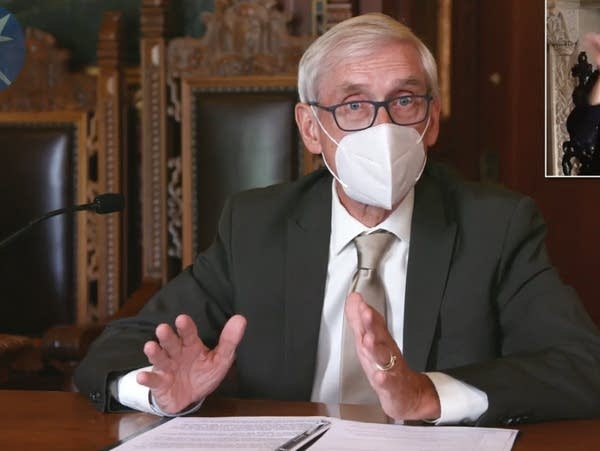Wisconsin governor restricts public indoor gatherings

Wisconsin Gov. Tony Evers issued a new order Tuesday limiting the size of public indoor gatherings as COVID-19 spreads.
Wisconsin Department of Health Services via AP file
Go Deeper.
Create an account or log in to save stories.
Like this?
Thanks for liking this story! We have added it to a list of your favorite stories.


